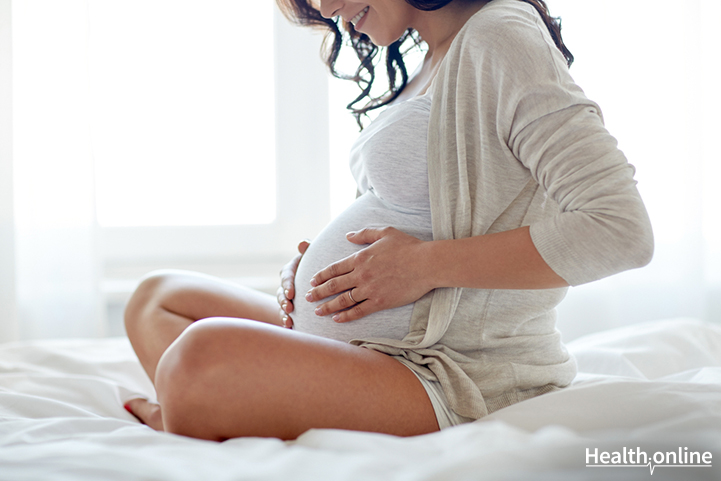
What You Need to Know About the 2-Week ‘Wait Period’
Being pregnant is a beautiful feeling especially if you have been trying for a while now. If you are in this phase or know someone who is going through stages of confusion, excitement, and frustration, there are six points you should definitely know about this two-week waiting period between ovulation and your pregnancy test.
Recommended Read: The Common Changes Your Body Might Go Through During Pregnancy
Understand the basics
Usually, your fertile window falls in between your period cycle. This is the time when there are higher chances your eggs are released into the fallopian tube. Normally, for a woman with a 28-day menstrual cycle, the fertile window lasts from day 9 to day 14. After the egg is released, it lives for 24 hours and becomes fertilized. This process is called ovulation, and you should be sexually active all through your fertile window. These are some signs and symptoms of ovulation that will help you identify your exact period cycle. It should be noted that it can vary depending on each woman’s body type.
- Your cervical mucus changes to an egg white consistency
- Your breasts feel tender
- Very slight spotting or discharge
- Heightened sexual drive
- Change in basal body temperature
What is the 2-week wait period?
After ovulation, you will have another 14-15 days after which either your next cycle begins or you get a positive line in the pregnancy test. These two weeks before pregnancy can be mentally stressful for a woman. Monitoring the body and mind every day and waiting for the symptoms makes these two-weeks feel like two long years. However, if fertilization has happened, your body starts showing slight changes and you can look for these as you wait to take out the pregnancy detection kit.
Recommended Read: Prenatal Vitamins
Mild cramping is normal
Most people assume that cramping is a sign their periods are about to start. Cramping may start a few days after ovulation and may continue well into your first trimester. If you find mild twinges on either side of your hips during the two weeks before pregnancy, then this might be a good sign.
Fatigue
While the start of your periods is always tiring, fatigue is also a common symptom of pregnancy. Fatigue can start a week before the start of your periods. If you are constantly feeling sleepy and tired even in the middle of the day, this can be a positive sign of pregnancy.
Spotting and slight period discharge
Spotting occurs a few days before your actual period cycle and can cause pink or light brown discharge. Usually, this will not be enough to use a tampon. This is commonly referred to as implantation bleeding and might cause stomach cramps as well.
Frequent urination
This two weeks before pregnancy might also make you pee often. Frequent urination can start a couple of days after conception and this continues until the end of your pregnancy. Unless you have a urination problem, frequent peeing can be a sign of something changing in your body.
Headaches
You might feel headaches that occur randomly during the day. Conception causes hormones to run haywire in your body, and this might be the reason for unexplained headaches.
Recommended Read: Tips to Handle Stress During Pregnancy
It is very normal to feel stressed out and to panic during the two weeks before pregnancy. You can handle stress with techniques like yoga and meditation. Try distracting yourself and concentrate on other things like work or your hobby. You must eat healthy food and go through this pregnancy phase with hope and confidence
Keep yourself updated with the latest on Family Planning & Pregnancy . Like us on Facebook and follow us on Twitter for more on Health , Parenting and Diet & Nutrition . Also, check out our Health Tools and try out our health-related Quizzes .




